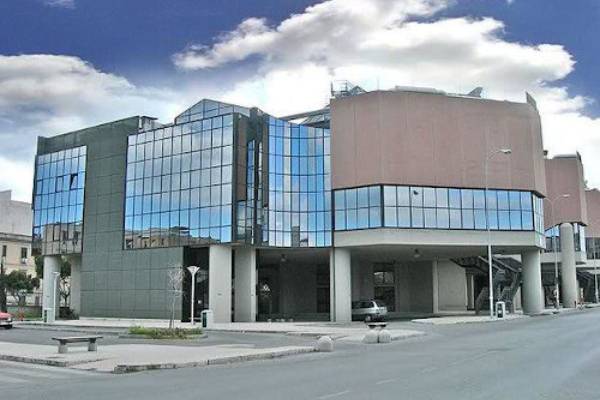Presentation and educational aims
Descriptive sheet "MOLECULAR AND CLINICAL MEDICINE"
CURRICULA
- Molecular and Translational Medicine
- Clinical and Experimental Medicine: biomedical approach
RESEARCH THEMES
The proposed doctorate aims to provide an adequate cultural and methodological preparation, as well as clinical and biotechnological research experience in the field of chronic diseases.
The main objective is that of "Translational Medicine" and in particular the ability to transfer new knowledge from basic science to biomedical science, in order to generate advanced diagnostic and therapeutic applications, with the formation of new professional profiles in the biomedical field.
Following these indications, the commitment will be aimed at identifying the role of molecular modifications in the diagnosis and progression of the main chronicdegenerative diseases, according to the specific themes of the two proposed addresses, indicated below.
- Curriculum 1, Molecular and Translational Medicine
- Functional genomics, proteomics and cell biology for the study of chronic diseases;
- miRNA and epigenetic approach to multifactorial diseases
- use of exosomes as disease markers and as a new tailored drug delivery system
- bioimaging: from molecular bases to therapeutic modalities
- analysis of the cells of the immune system infiltrating the tumors.
- Curriculum 2, Clinical and Experimental Medicine: biomedical approach
- understanding of the molecular and immunological mechanisms of the main chronic-degenerative diseases;
- pathophysiology of multifactorial diseases and research of new biomarkers of chronic degenerative diseases
- evaluation of the mechanisms responsible for the neurochemical and behavioral changes that underlie most neurodegenerative diseases and the role of pathological addictions.
Specific objectives of the curricula
- Curriculum 1:
- definition of the connections between functional genomics, proteomics and cell biology for the study of chronic diseases
- construction of diagnostic and prognostic profiles through the identification of target genes and miRNAs profiles
- preclinical application possibilities of the new imaging equipment: the microTC, the microRM and the microPET-TC.
- liquid biopsy and the development of new non-invasive diagnostic and monitoring tests.
- analysis of cells of the innate immune system infiltrating different types of cancer as a new therapeutic basis
- Curriculum 2:
- identification of the predictors of cardiovascular damage and the search for new biomarkers in chronic-degenerative diseases;
- identification of neurochemical changes, genetic, epigenetic, behavioral and molecular underpinning of most neurodegenerative diseases.
The PhD program is three years and the training activities include basic and specialized courses and elements of research management;
seminars and / or workshops on advanced topics presented by Italian and foreign researchers;
research activity carried out by the PhD students.
The PhD program provides six-monthly reports on the research activity carried out and the final PhD thesis will be discussed in English
Ordinary places with scholarship: 5
Places with scholarship reserved for graduates abroad: 1









